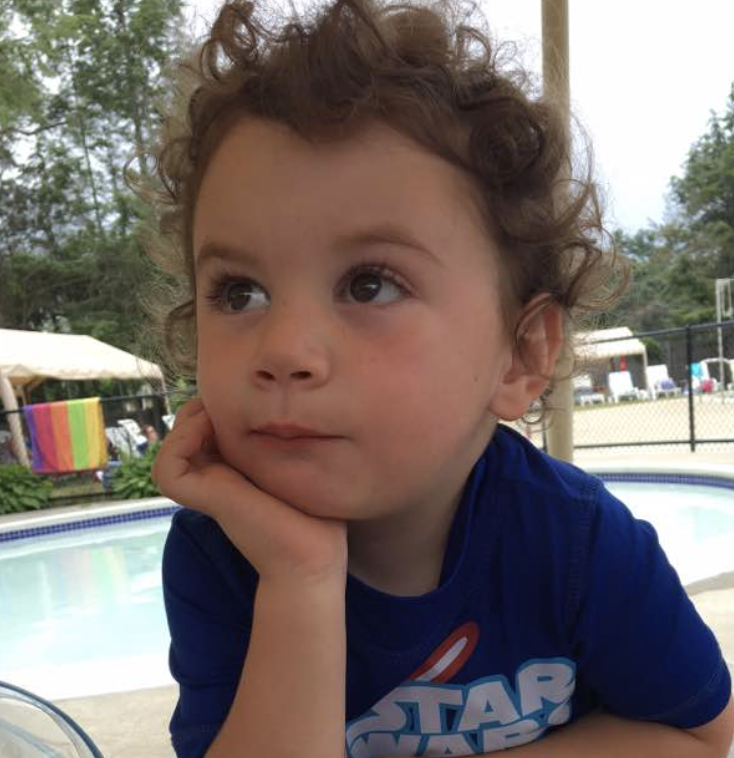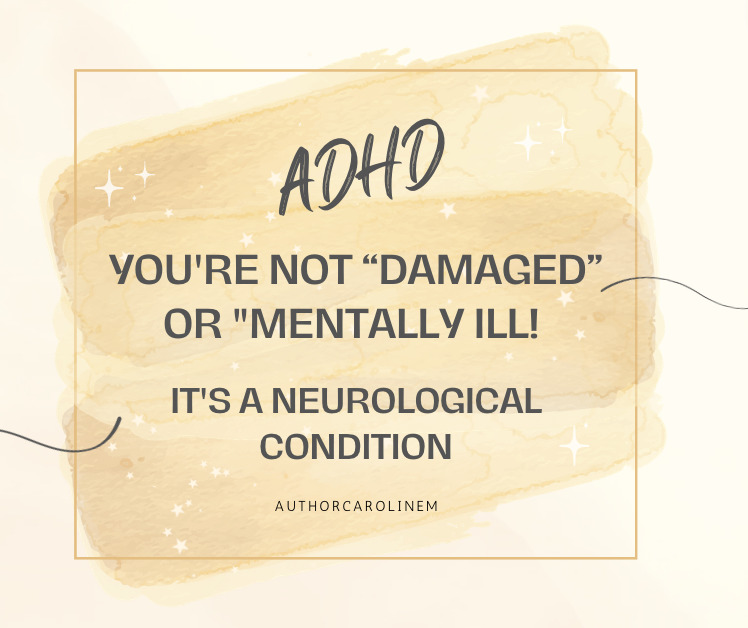My Child is Lonely, What Should I Do?

Questions involving lonely children and teens have been coming up a lot recently. Parents are struggling with the pain associated with loneliness – parents of all ages and circumstances.
Q: What Can I do if My Child is Lonely?
If you notice a pattern, i.e. your child’s friends aren’t talking to her, help her figure out the reasons why.
 Don’t tell, but rather ask, “How come?” If your child is coming to you and saying they are being left out – that is so much easier than the child who denies he has a problem. If your child approaches you and claims, “I wish I could have more friends,” then you now have a critical role in this dialog.
Don’t tell, but rather ask, “How come?” If your child is coming to you and saying they are being left out – that is so much easier than the child who denies he has a problem. If your child approaches you and claims, “I wish I could have more friends,” then you now have a critical role in this dialog.
Ask yourself questions first. Are they at the age that you can help them orchestrate some sort of social life? If yes, help them to reach out more or be the host family.
Reaching out feels hard to some kids due to rejection. Others feel people should come to them. Try Social Spy to see what other kids do. Do they wait, do their mother’s arrange or do they reach out to others on their own?
Q: What if I Know My Child is Lonely but He Won’t Admit It?
“I’m fine, I don”t need a ton of friends”
You watch your child being treated badly by others and because they are desperate, they allow it to happen. Your child or teen may be pretending to have friends, but really doesn’t have many.
When you inquire, you are encountered by resistance, deflection or denial.
Start by asking questions and holding back your opinions. The more you use open questions and repeat back, the more information you will get. Some kids really need infrastructure.
Ask Questions – Using open questions and having a collaborative conversation allows your child to be more self-reflective and builds his self-awareness muscle. Talk about what makes a good friend. Ask, “Who do you sit with?” “Who do you like?” Read more social / friend questions
Avoid Shaming – Be careful not to shame your child as some kids have a sort of bravado because they feel kids are supposed to have lots of friends. This year has been hard on everyone, re-entering life after Covid may be a great excuse to explore with your child, “Who do you want to be friends with?” Ask him, “What do you enjoy about certain friends?” The more you ask questions in short light conversations, and explore friendship and connection – the more your child can open up to you.
Review Infrastructure – Try to partner with your child to see if they have places where they are able to interact and build relationships with kindred spirits – people who share their experiences. Don’t ban friends or virtual experiences, yet, everyone needs balance. To connect and make friends, it helps to have shared experiences. This allows you to adapt, explore and build the relationship. Without banning virtual activities, see where your child or teen is spending too much time. Do your best to limit screen interaction and try to insert real, live people into their day. Some kids make plans easily but in a post Covid world, many kids may need help to reach out more.
If you can’t seem to get anywhere, consider going to school, coaches, siblings to gain intel. Also, share your history to help your teen open up.
Should I Set up Mandatory Socialization?
This is tricky. The answer is yes and no – it depends. Nobody likes to be told what to do. If during an open, collaborative conversation, your child says, ” I would love it if you could help me, ” then this opens the door to your help.
Structure – If your teen is hiding out, playing video games, don’t make it socializing mandatory. Instead, look at the day’s structure. Discuss how much time should be devoted to hiding out. Pick something to join. If they are young, get them involved now. State that everyone in the family will pick an activity every semester.
Don’t Push Your Agenda – Rather than telling him your concerns, explore what he wants and what is in it for him.
Spend Time Connecting – Try to do something that interests your teen. This will allow you to have relaxed chats about what he finds fun, interesting and what he would like to join.
Your Child’s Social Skills Aren’t Where They Should Be
We don’t want to enter into endless talking when you know there is a real problem. The coaching tools in Why Will No One Play with Me? have go-to activities, scripts and advice you can implement right away.
- Join a social skills group – A lot of teens won’t go to a group, but will go to an individual.
- Engage a social skills coach
- Rehearse and craft messages they can use on the fly
- Ask open questions to help them understand their role in a friendship. Ask, ask, ask.
- Follow step by step activities in Why Will No One Play with Me?
- Practice conversations. Collaborate.
- Look at social skills. They would if they could.
Deeper Dive:
What to do When Your Teen Can’t Seem to Make Friends You Approve Of?
ADHD Parents’ Palooza – July 26 – 28, 2021, designed to educate, guide, and inspire parents of kids with ADHD all over the world.
DO This At Home!
For scripts, tools, advice and actionable exercises on helping children develop social skills, check out Why Will No One Play with Me? and How to SEL




